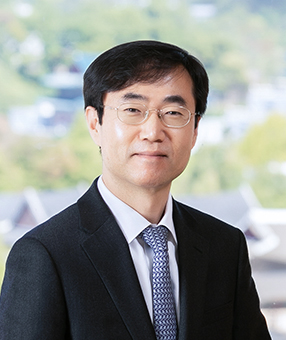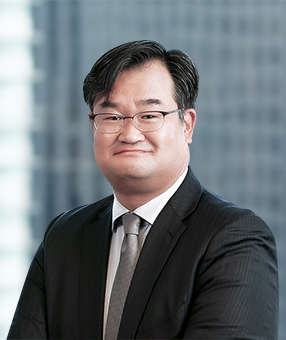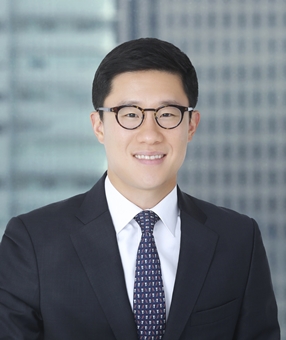On August 19, 2024, an amendment to the Enforcement Decree of the Improper Solicitation and Graft Act (the “Anti-Graft Act”) was approved during a Cabinet meeting.
The approved amendment (the “Amendment”) increases the upper limit on meal expenses that may be received or provided to “public officials” or “persons engaged in public services” (collectively, the “Public Officials”) from KRW 30,000 (approximately USD 22.50) to KRW 50,000 (approximately USD 37.50). This marks the first increase in eight years since the Anti-Graft Act was enacted in 2016.
Prior to the Amendment, the upper limit on meals that may be received or provided to Public Officials for the purpose of facilitation of their duties, social norms, ceremonial occasions, or congratulatory/condolence events, was KRW 30,000 per person. Critics argued that this limit was unrealistic and impractical, noting that the amount was adopted from what was provided in the “Government Officials’ Code of Conduct,” which was adopted in 2003, and had never been adjusted for inflation or changes in social factors.
In response to these concerns, several amendments to the Anti-Graft Act have been proposed in the past by both major political parties. The Anti-Corruption and Civil Rights Commission (“ACRC”) issued a preliminary announcement of the Amendment on July 29, 2024. The Amendment was subsequently approved during a Cabinet meeting on August 19 and will be promulgated and enforced by around the end of August, eight days after receiving the President’s approval.
The table below shows the applicable ceilings for various types of gifts under the exception provided for benefits provided for the purpose of facilitation of duties, social norms, etc. under Article 8, Section 3, Paragraph 2 of the Anti-Graft Act:
|
Type of Gift |
Upper Limit |
|
Meals (with Public Officials, including drinks) |
|
|
Congratulatory or condolence payments (only for weddings and funerals) |
|
|
Gifts (excluding cash and cash gift certificates) |
|
It is important to note that, even after the Amendment enters into effect, a meal costing up to KRW 50,000 is not unconditionally permitted under the Anti-Graft Act. It is only permissible “for the facilitation of the Public Officials’ duties.” Even if a meal costs less than KRW 50,000, there is still a risk of sanctions if there is suspicion of compromised fairness in the performance of a public official’s duties. For example, if a company received a requested license or a permit and then provides a meal costing less than KRW 50,000 to a public official who is handling the relevant case, or if there are excessive and repeated entertainments provided to the same individual, sanctions may still be imposed.








